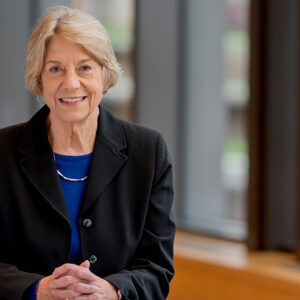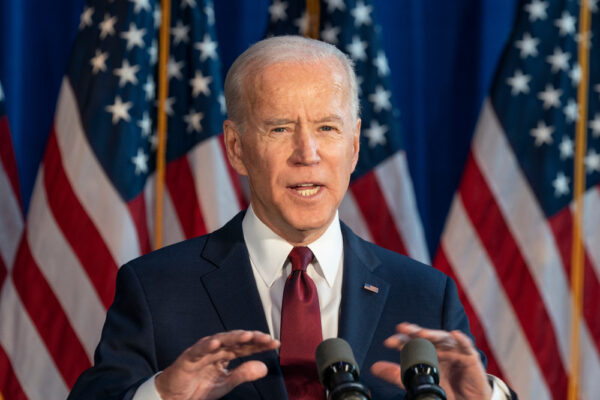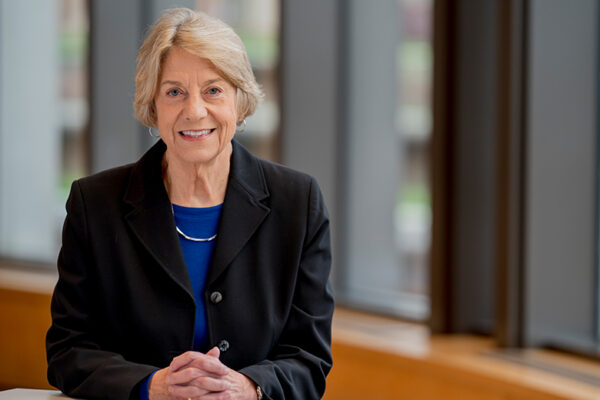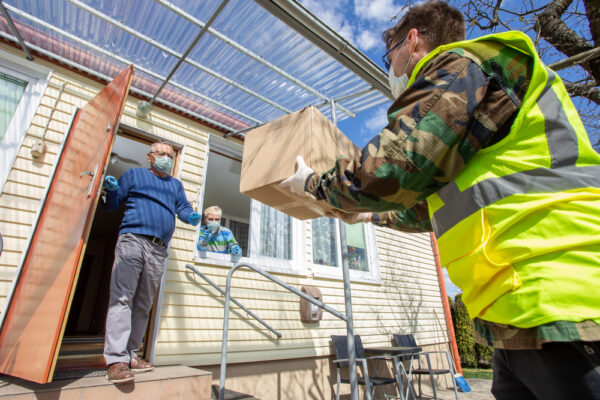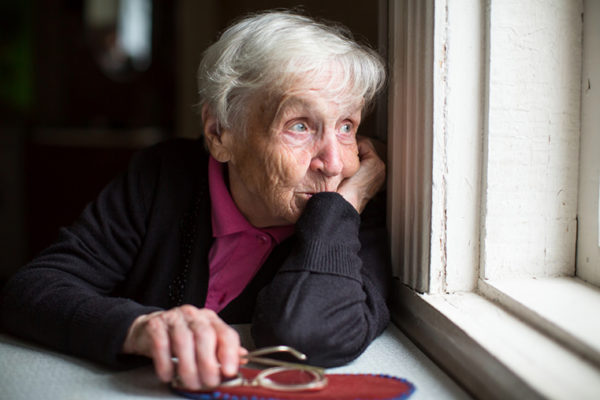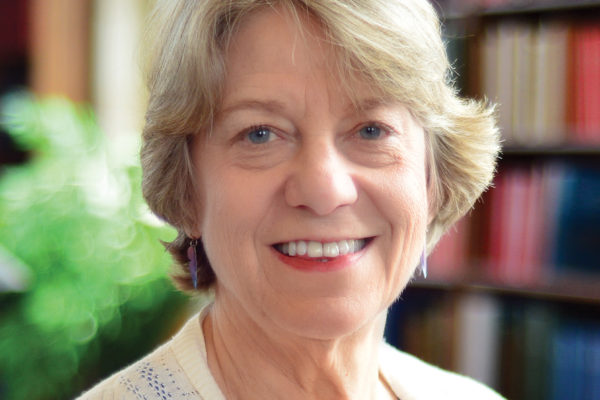Nancy Morrow-Howell is an international leader in gerontology, known for her work on productive engagement of older adults. Her research contributes to knowledge about programs, policies and organizational arrangements that maximize the productive engagement of older adults while promoting positive outcomes for the individuals themselves. Her research documents outcomes for individual, families, and communities associated with work, volunteering, and caregiving by older adults. Her interests include the development of the Next Move initiative, now a part of WashU for Life, where older adults are facilitated in transitions to new roles in employment, volunteering or education.
At the Brown School, Morrow-Howell teaches gerontology courses. She also teaches a freshman course on aging, aimed at increasing young people’s understanding about long life and the need for social transformation. As director of the university’s Harvey A. Friedman Center for Aging, she promotes gerontological research and education across disciplines and schools.
She has received Washington University Distinguished Faculty Award and the Brown School’s Outstanding Faculty Award. In 2008 and 2011, she was given the Outstanding Faculty Mentor Award by Washington University. She was the recipient of the 2011 Career Achievement Award from the Association for Gerontology Education in Social Work and of the 2013 Distinguished Career Achievement Award from the Society for Social Work and Research.
